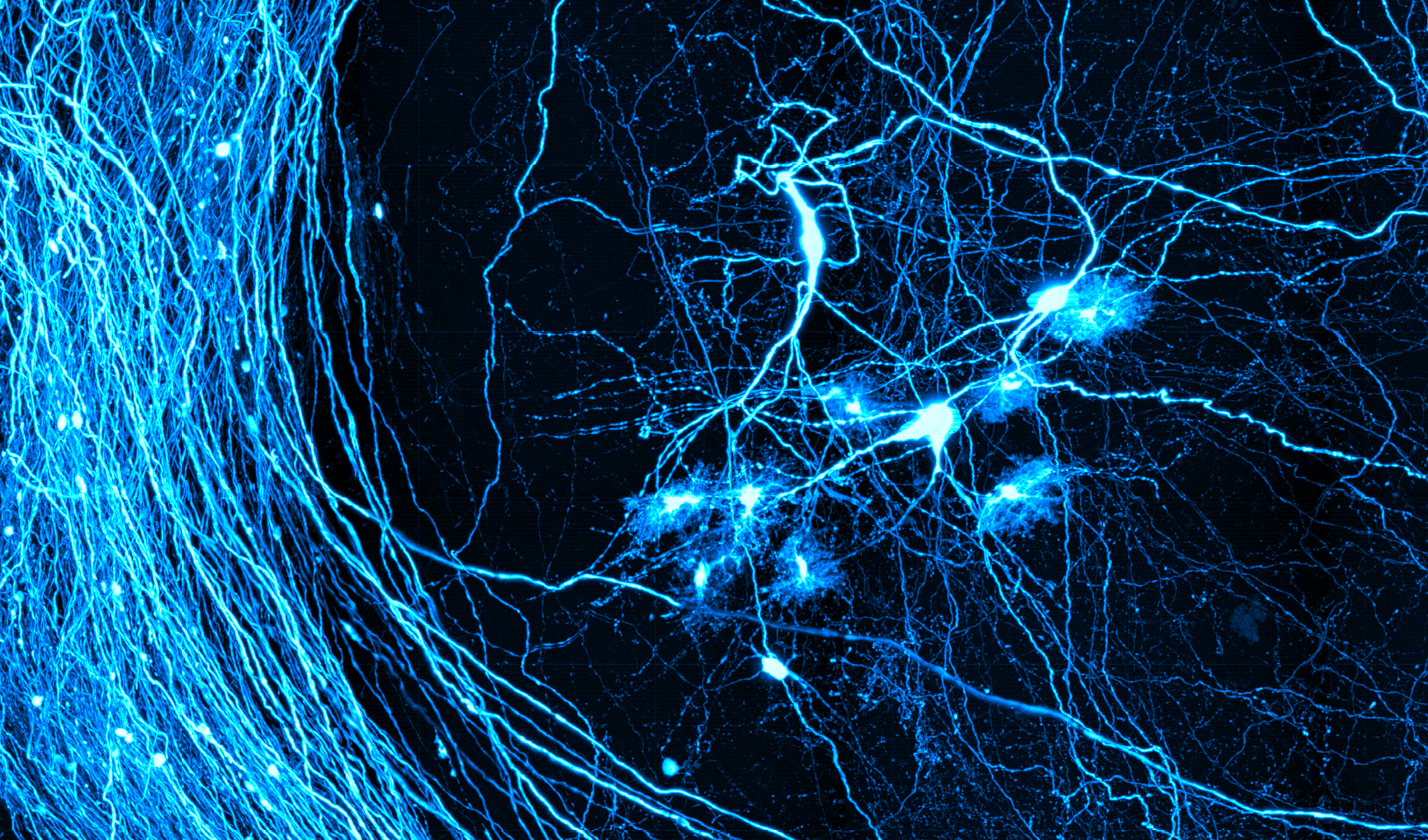Alexander Von Lühmann
 Alexander von Lühmann is a postdoctoral researcher at the Boston University Neurophotonics Center. He received his PhD with distinction in 2018 from Berlin Institute of Technology and the M.Sc. and B.Sc. degrees in Electrical Engineering from Karlsruhe Institute of Technology (KIT) in 2014/11. In his PhD work he designed hybrid wearable functional Near Infrared Spectroscopy (fNIRS) and Electroencephalography (EEG) instrumentation and machine learning based analysis approaches. His research focuses on multimodal diffuse optical instruments and multimodal signal processing towards neurotechnology applications outside of the lab and in the everyday world.
Alexander von Lühmann is a postdoctoral researcher at the Boston University Neurophotonics Center. He received his PhD with distinction in 2018 from Berlin Institute of Technology and the M.Sc. and B.Sc. degrees in Electrical Engineering from Karlsruhe Institute of Technology (KIT) in 2014/11. In his PhD work he designed hybrid wearable functional Near Infrared Spectroscopy (fNIRS) and Electroencephalography (EEG) instrumentation and machine learning based analysis approaches. His research focuses on multimodal diffuse optical instruments and multimodal signal processing towards neurotechnology applications outside of the lab and in the everyday world.
Dr. Lühmann will be leading a discussion on Toward Multimodal Neuroimaging in the Everyday World: Progress and Improved Physiological Noise Modelling in fNIRS. Neuroimaging techniques used in contemporary neuroscience research provide great insights into the healthy functioning brain and have led to many advances in characterizing, diagnosing and in developing potential targeted interventions for brain disorder. However, there is still a big gap in our understanding of both healthy and impaired brain function. Part of the reason for this stymied progress is that while he and his team have some understanding of how the brain functions in single-snapshot experiments under restricted lab settings, they do not know how it works in dynamic, complex and multisensory real-world environments – a new field of research that we term the Neuroscience of the Everyday World (NEW). Solving this complex problem requires enabling technologies to continuously track and analyze human brain function and behavior. He will present the vision that we developed at the BOAS lab, and recent contributions towards wearable neuroimaging instrumentation and multimodal signal analysis: Their wearable open functional Near Infrared Spectroscopy (fNIRS) neuroimaging platform, the ninjaNIRS and ninjaCap, and novel multimodal data-driven fNIRS analysis approaches for improved separation of evoked hemodynamic signals and systemic physiology.
